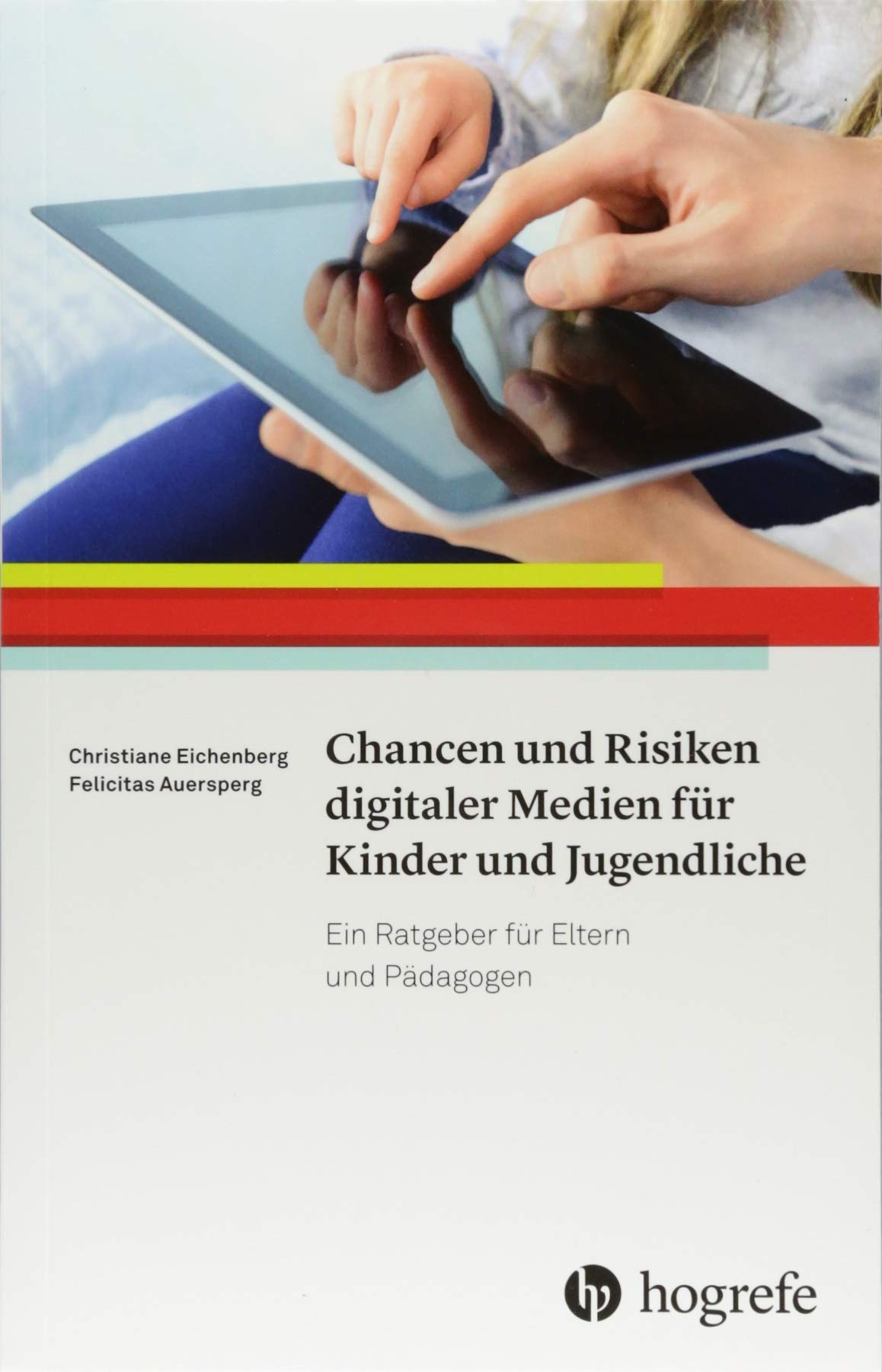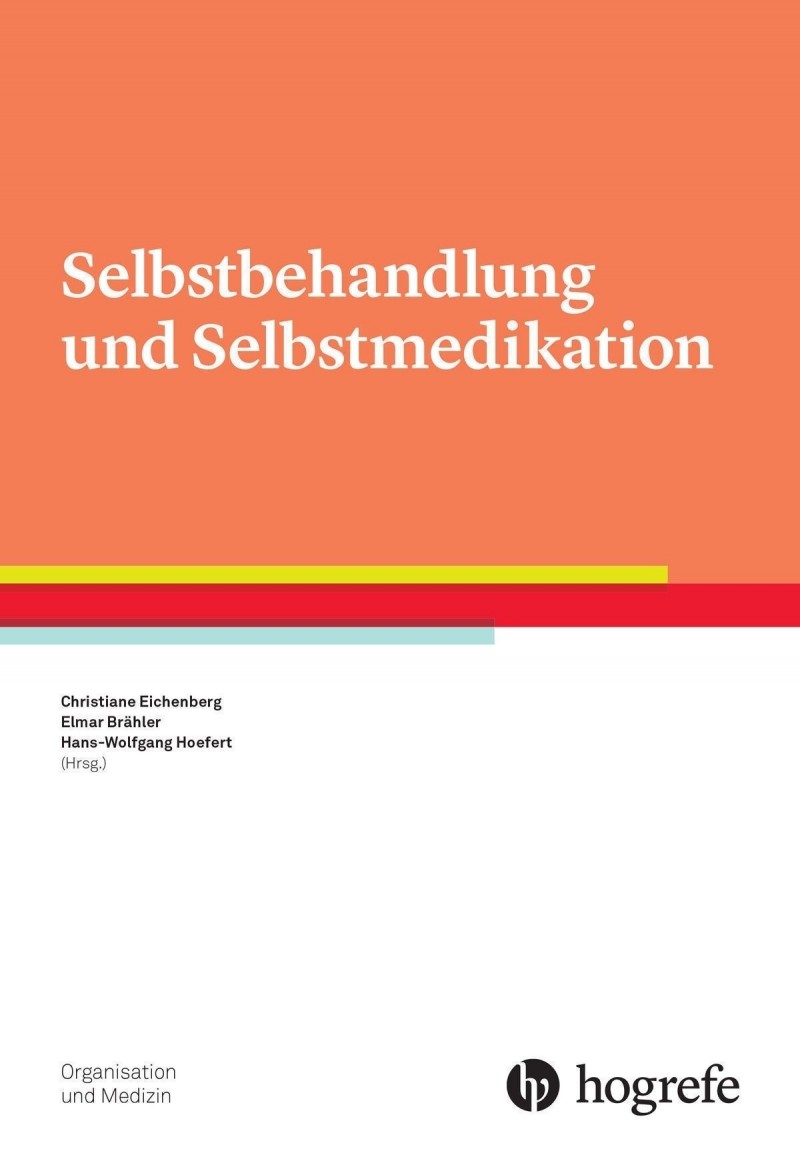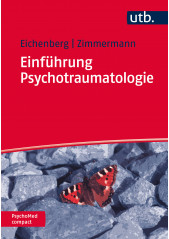INHALT
Dieser Ratgeber befasst sich mit den Potenzialen der Nutzung digitaler Medien im Kindes- und Jugendalter sowie mit möglichen Risiken. Eltern und Pädagogen finden hier altersspezifische Tipps für die Vermittlung von Medienkompetenz.
Überblick über die Nutzungspraxis verschiedener Medien
Potenziale moderner Mediennutzung
Mögliche Risiken
Checklisten, Fallbeispiele und Verhaltenstipps
Dieses Buch richtet sich an: Eltern, Lehrer, Erzieher, (Sozial-)Pädagogen, Vorschulpädagogen, Sozialarbeiter, Schulpsychologen, Kinder- und Jugendlichenpsychotherapeuten, Kinder- und Jugendpsychiater, Mitarbeiter in Familienberatungsstellen, Medien- und Entwicklungspsychologen.
Digitale Medien haben in der Lebenswelt von Kindern und Jugendlichen eine hohe Bedeutung. Dabei gehen mit der Nutzung moderner Medien sowohl Chancen als auch Risiken einher. Eltern und Pädagogen stehen vor der Herausforderung, die Medienkompetenz von Kindern und Jugendlichen konstruktiv zu fördern. Dies kann jedoch nur gelingen, wenn Erwachsene wissen, was Heranwachsende heute im Internet bzw. mit ihrem Smartphone tun.
Der Ratgeber gibt zunächst einen Überblick über die aktuelle Nutzungspraxis verschiedener Medien: Welche Medien werden heute von Kindern und Jugendlichen zu welchem Zweck und vor allem mit welchen Effekten genutzt? Anschließend werden aus entwicklungspsychologischer Perspektive die Potenziale moderner Mediennutzung für die Bereiche Lernen, Spielen, Aufbau und Pflege sozialer Beziehungen sowie Informationsaustausch, Meinungsbildung und Unterstützung bei typischen Problemen im Jugendalter (z.B. Selbsthilfeforen, Aufklärung) dargestellt. Den Chancen, die mit der Nutzung digitaler Medien verbunden sind, werden mögliche Risiken gegenübergestellt (z.B. Internetsucht, Cybermobbing, sexuelle Gewalt). Auf der Basis aktueller wissenschaftlicher Befunde werden konkrete Hilfestellungen in Form von Checklisten, Fallbeispielen und Verhaltenstipps zum Umgang mit modernen Medien gegeben. Eltern und Pädagogen finden in diesem Ratgeber altersspezifische Hinweise für eine sinnvolle Vermittlung von Medienkompetenz Zuhause sowie in Bildungseinrichtungen.
Eichenberg, C. & Auersperg, F. (2018). Chancen und Risiken digitaler Medien für Kinder und Jugendliche. Ein Ratgeber für Eltern und Pädagogen. Göttingen: Hogrefe.


